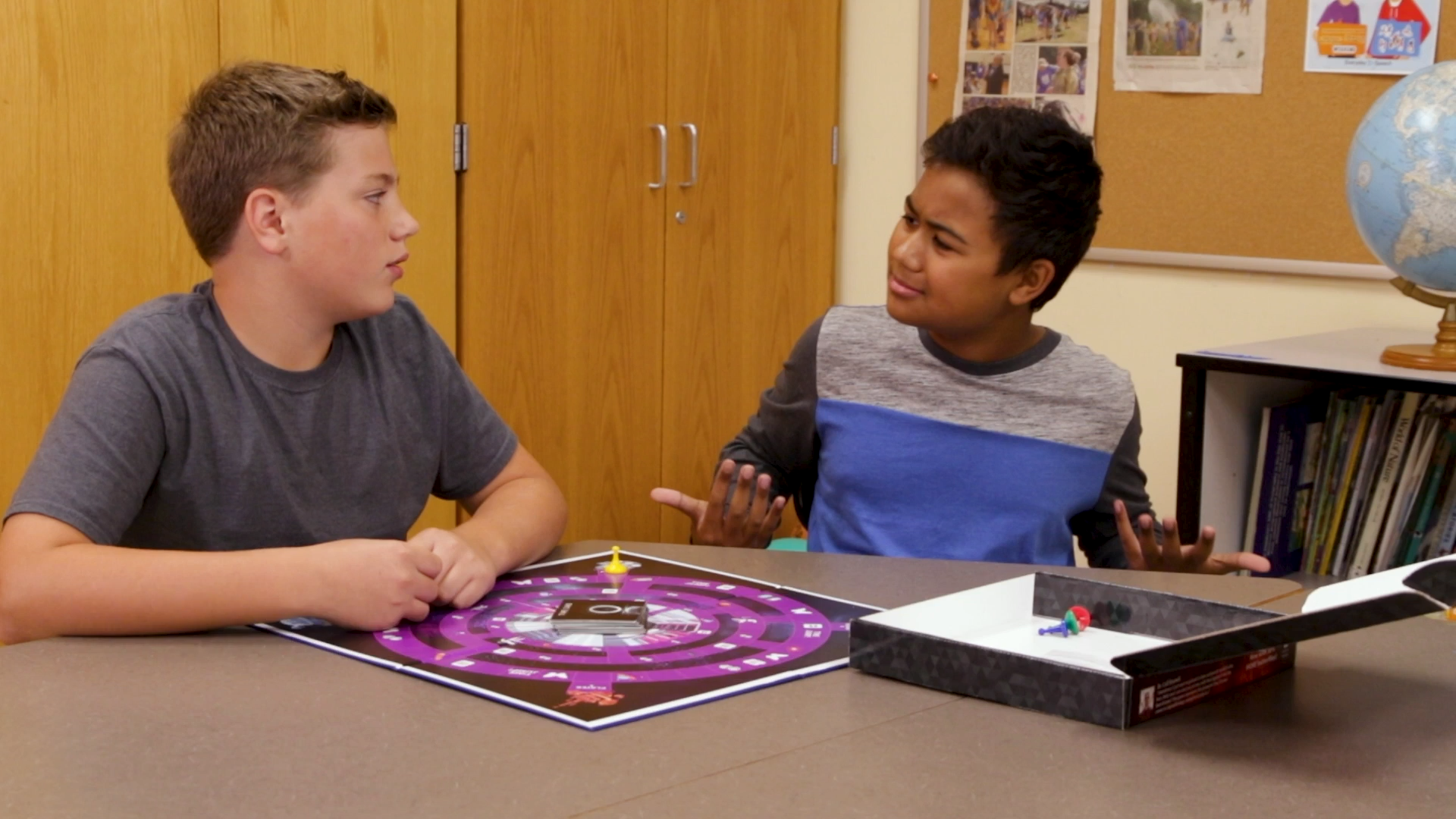
Introduction
Compromise is a crucial skill for students to develop in order to maintain healthy relationships and solve problems effectively. In social-emotional learning, students learn to navigate situations where their thoughts or ideas might not align with those of their peers. By understanding the importance of compromise and practicing it in various scenarios, students can ensure that everyone’s needs are met and maintain a positive atmosphere in their social interactions.
No-Prep Activity
One effective way to teach students about compromise is through a simple, no-prep activity. In this activity, students will work in pairs and take turns suggesting activities they would like to do together. They will then practice compromising by combining their ideas or taking turns choosing an activity.
- Divide students into pairs.
- Ask each student to think of an activity they would like to do with their partner.
- Have students share their ideas with their partner.
- Encourage the pairs to find a compromise by either combining their ideas or taking turns choosing an activity.
- After a few minutes, ask students to share their compromises and discuss how they arrived at their decisions.
This activity allows students to experience the process of compromising firsthand and understand the benefits of finding a solution that works for everyone involved.
Discussion Questions
After completing the no-prep activity, engage students in a discussion to further explore the concept of compromise. Here are some questions to get the conversation started:
- How did it feel to compromise with your partner? Were you satisfied with the outcome?
- Why is it important to compromise in our relationships with friends, family, and classmates?
- Can you think of a time when you had to compromise in your own life? How did you handle the situation?
- What might happen if people never compromised in their interactions with others?
- How can we practice compromising in our everyday lives?
Related Skills
Learning to compromise is just one aspect of social-emotional learning. There are several other related skills that students should develop in order to build strong relationships and navigate social situations effectively. Some of these skills include:
- Active listening: Paying close attention to others, showing empathy, and responding appropriately to their feelings and needs.
- Assertiveness: Expressing thoughts and feelings respectfully, while standing up for oneself and one’s rights.
- Conflict resolution: Identifying and addressing conflicts in a constructive manner to find mutually beneficial solutions.
- Emotional regulation: Recognizing, understanding, and managing one’s emotions in healthy ways.
- Collaboration: Working together with others to achieve a common goal.
Next Steps
Now that you have learned about the importance of compromise and practiced it through a simple activity, it’s time to explore more social-emotional learning skills that can benefit your students. To help you get started, we invite you to sign up for free sample materials at Everyday Speech. These resources will provide you with valuable tools and strategies to further enhance your students’ social-emotional learning journey.

